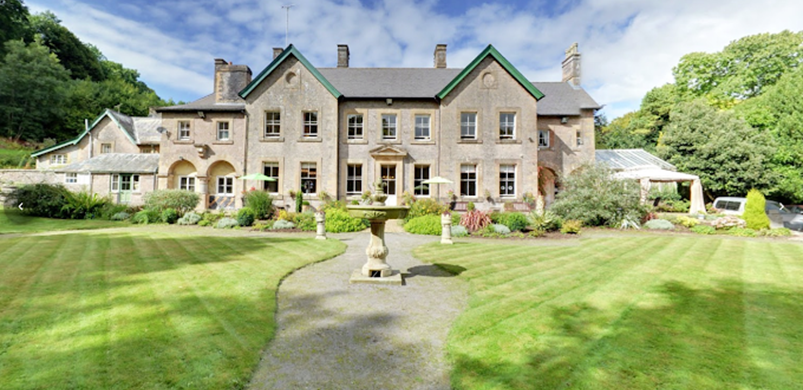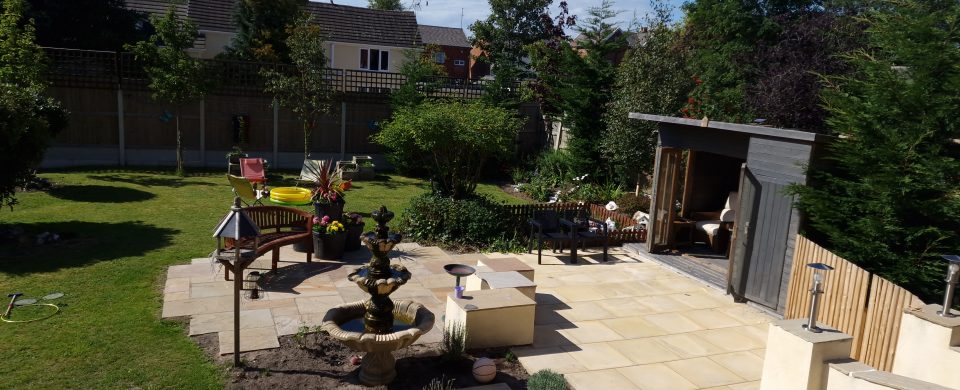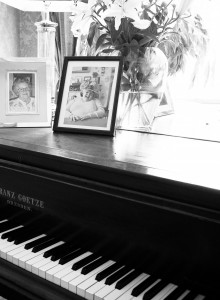












Cedars website is currently undergoing changes, the updated site will be with you shortly.

Cedars website is currently undergoing changes, the updated site will be with you shortly.

Cedars website is currently undergoing changes, the updated site will be with you shortly.

Cedars website is currently undergoing changes, the updated site will be with you shortly.

Cedars website is currently undergoing changes, the updated site will be with you shortly.

Cedars website is currently undergoing changes, the updated site will be with you shortly.

Cedars website is currently undergoing changes, the updated site will be with you shortly.

Cedars website is currently undergoing changes, the updated site will be with you shortly.

Cedars website is currently undergoing changes, the updated site will be with you shortly.

Cedars website is currently undergoing changes, the updated site will be with you shortly.

Cedars website is currently undergoing changes, the updated site will be with you shortly.

Cedars website is currently undergoing changes, the updated site will be with you shortly.

Cedars website is currently undergoing changes, the updated site will be with you shortly.


















